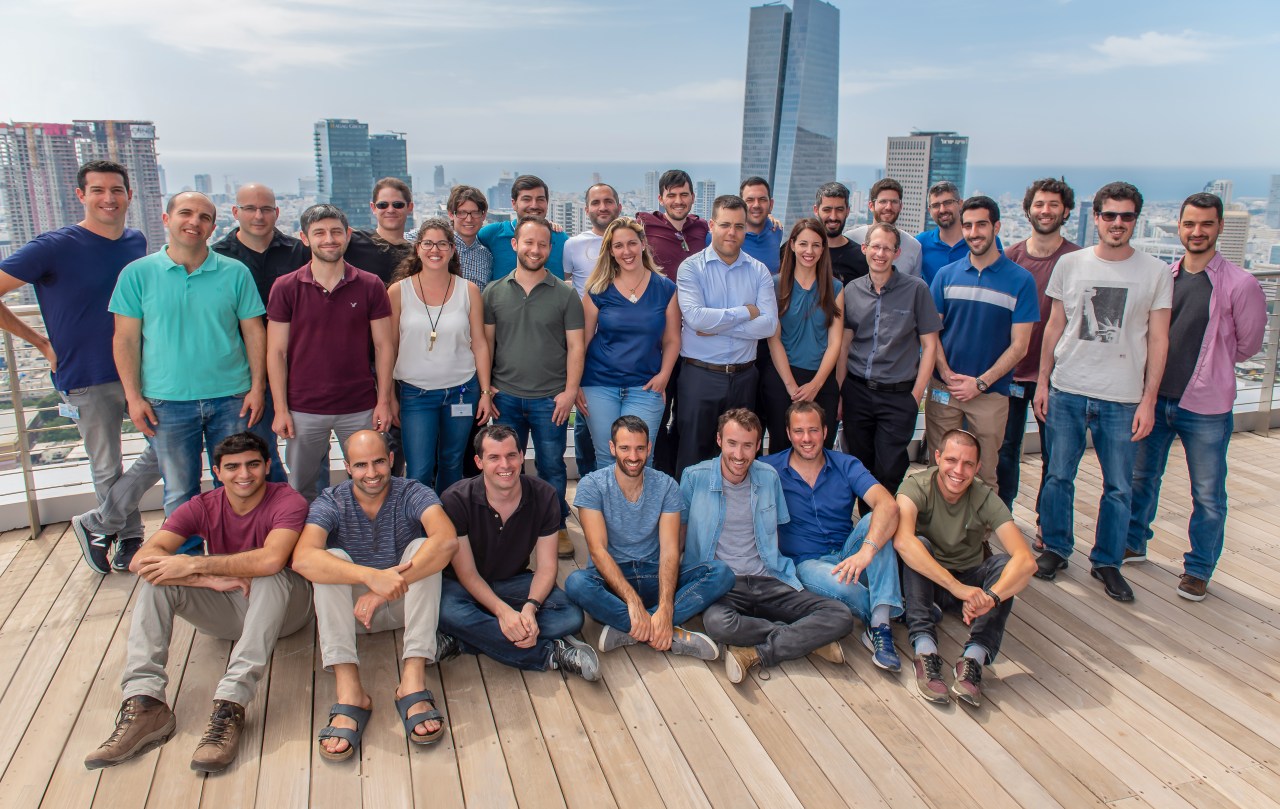In the fast-evolving world of technology, the evolution of computer chips has often played second fiddle to more glamorous innovations like AI software and smart devices. However, as deep learning architectures and applications gain traction, the demand for specialized semiconductors tailored to these processes has exploded. Enter Hailo, an Israeli startup that has begun to redefine chip architecture specifically for deep learning tasks.
Raising the Bar with $12.5M Series A Funding
In June 2018, Hailo announced a substantial $12.5 million Series A round, bolstering its total funding to $16 million. This financial success was fueled by contributions from esteemed investors like OurCrowd, Maniv Mobility, Next Gear, and various angel investors including the company’s chairman Zohar Zisapel. With these funds, Hailo aims to accelerate the development of its deep learning processors.
Revolutionizing Chip Architecture
Hailo’s innovative approach focuses on overcoming the limitations imposed by traditional processor designs that have been in use for over 70 years. As CEO Orr Danon stated, “The 70-year old architecture of existing processors is inadequate to meet today’s deep learning and AI processing needs.” By rethinking the foundational aspects of computer architecture—namely memory, control, and compute—and their interrelations, Hailo is setting a new standard for performance in embedded AI applications.
Targeting Embedded Devices Across Industries
One of the most exciting aspects of Hailo’s work is its broad applicability. The company’s chips are designed for embedded devices, enabling sophisticated AI features in settings ranging from smart home appliances to drones and cars. The automotive industry, in particular, stands out as a primary target market for Hailo. This follows a trend set by other successful Israeli startups, such as Mobileye, which Intel later acquired for its pioneering work in the automotive space.
The Road Ahead: Availability and Impact
By the first half of 2019, Hailo anticipated delivering samples of its cutting-edge processors to the market. This introduction aimed to empower embedded AI applications by offering lower latency, higher efficiency, and improved performance compared to existing solutions. For instance, envision a tiny drone navigating complex environments or a smart kitchen appliance adjusting its settings in real-time based on user behavior—this is the potential Hailo’s chips unleash.
Conclusion: The Future of AI-Driven Solutions
The advancements in specialized chips like those being developed by Hailo represent a significant leap toward making artificial intelligence mainstream across various industries. As we move deeper into the era of AI, the symbiotic relationship between sophisticated algorithms and powerful hardware will be critical. Features once deemed futuristic are now within reach, thanks to innovations that prioritize deep learning capabilities and efficiency.
At fxis.ai, we believe that such advancements are crucial for the future of AI, as they enable more comprehensive and effective solutions. Our team is continually exploring new methodologies to push the envelope in artificial intelligence, ensuring that our clients benefit from the latest technological innovations. For more insights, updates, or to collaborate on AI development projects, stay connected with fxis.ai.

